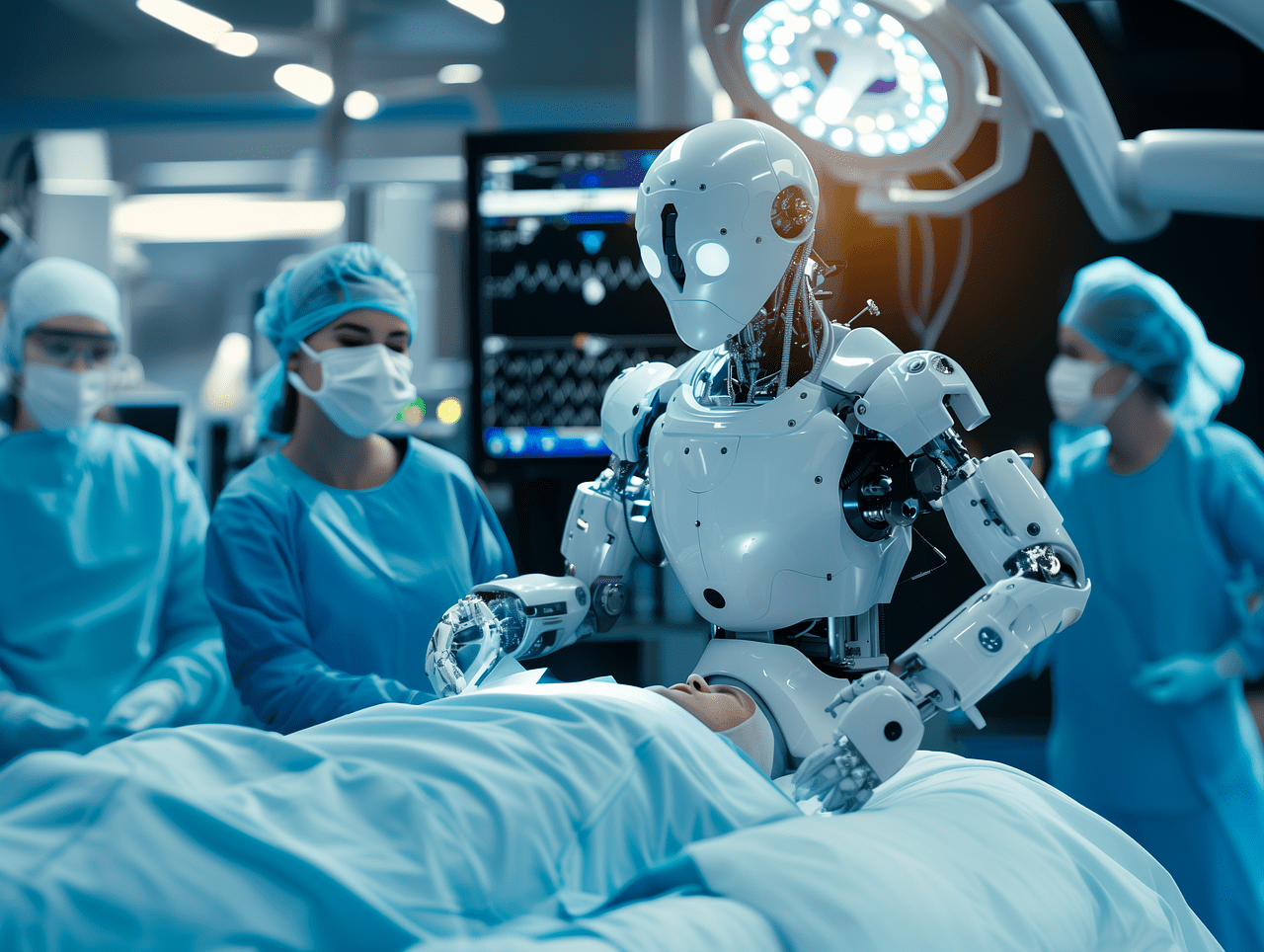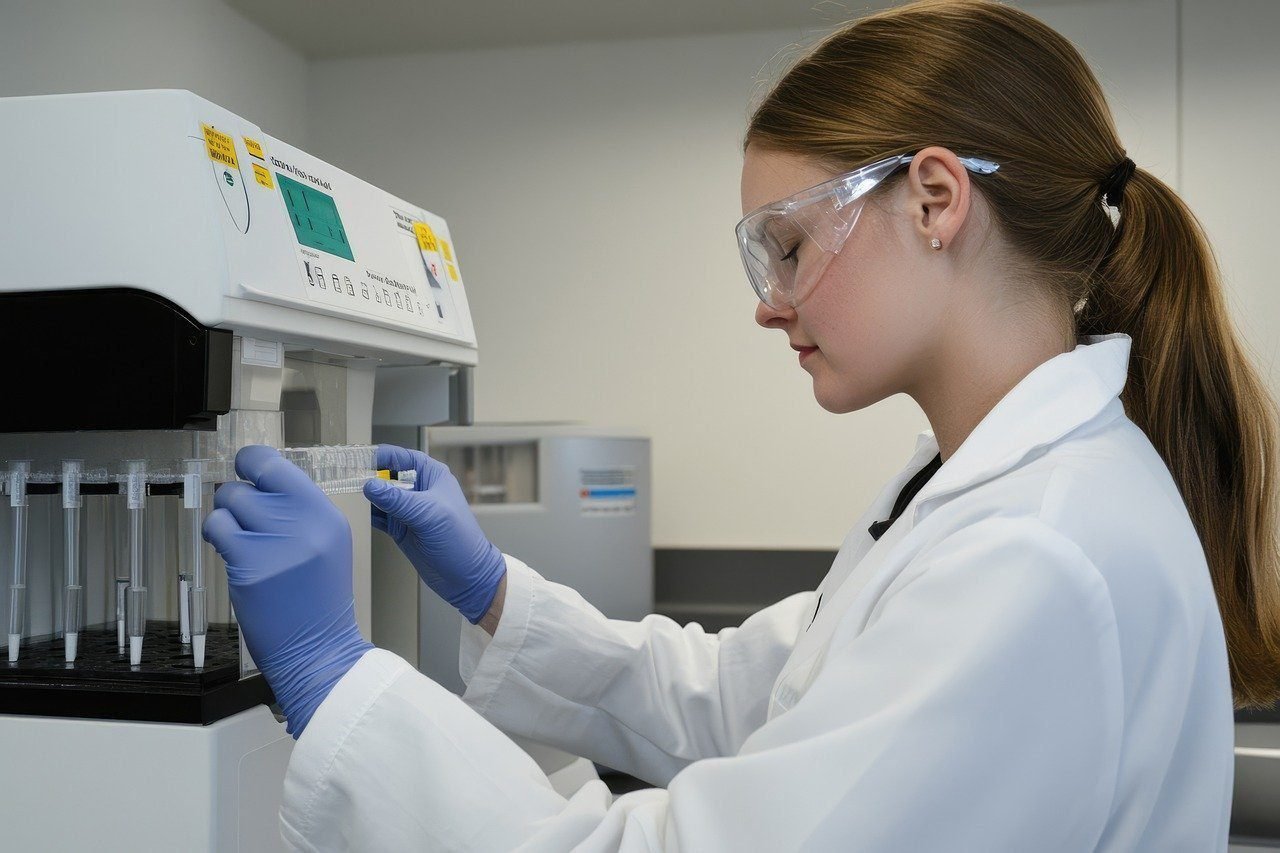The landscape of scientific research is on the cusp of a profound transformation, moving beyond traditional manual processes and isolated instruments into an era defined by intelligence and connectivity. This evolution is giving rise to the “smart lab,” an environment where every piece of equipment, every data point, and every experiment is seamlessly integrated. At the heart of this revolution lies Artificial Intelligence (AI), acting as the central nervous system that orchestrates efficiency, accelerates discovery, and fundamentally redefines how scientists approach the unknown. AI is not merely an add-on; it is the catalyst driving the next generation of scientific inquiry, promising unprecedented breakthroughs.
AI: Catalyzing the Next Era of Smart Labs
The vision of a smart lab is one where research is no longer bottlenecked by human limitations or fragmented data. Instead, it’s an intelligent ecosystem where instruments communicate, experiments are optimized autonomously, and insights emerge with unparalleled speed. AI is the core engine powering this vision, enabling laboratories to transition from reactive, labor-intensive operations to proactive, data-driven discovery platforms. By integrating AI into every facet, smart labs are becoming truly automated, adaptive, and significantly more productive.
One of AI’s most impactful contributions to smart labs is its unparalleled ability to revolutionize data analysis. Modern scientific research generates colossal volumes of complex data, from high-throughput screening results and genomic sequences to intricate molecular structures. Traditional methods struggle to sift through this deluge, but AI and machine learning algorithms excel at processing, interpreting, and identifying subtle patterns that would be invisible to the human eye. Techniques like deep learning for image recognition, natural language processing for literature synthesis, and advanced pattern recognition enable researchers to extract meaningful insights and accelerate the interpretation of experimental outcomes with remarkable precision.
Beyond analysis, AI is transforming research through sophisticated predictive modeling and intelligent hypothesis generation. By training on vast datasets of previous experiments and known scientific principles, AI models can predict outcomes such as drug efficacy, material properties, or chemical reaction pathways with impressive accuracy. This predictive capability allows scientists to explore promising avenues virtually, narrowing down the most viable hypotheses before committing to costly and time-consuming physical experiments. It shifts the paradigm from exhaustive trial-and-error to targeted, data-informed exploration, significantly accelerating the pace of discovery.
Streamlining Research with AI-Powered Workflows
AI’s integration into smart labs also extends to the physical execution of research, particularly through advanced automation and robotics. AI algorithms orchestrate complex laboratory workflows, controlling robotic systems that perform repetitive and precise tasks such as pipetting, sample preparation, and high-throughput screening. This not only dramatically increases throughput and reduces human error but also frees up human researchers from mundane tasks, allowing them to focus their intellect on designing innovative experiments, interpreting complex results, and formulating new theories.
Furthermore, AI is proving invaluable in enhancing experimental design and optimization. Instead of relying on intuition or traditional statistical methods, smart labs leverage AI tools like active learning and Bayesian optimization to intelligently suggest the next most informative experiment. These algorithms analyze previous results to iteratively refine parameters, pinpointing optimal conditions or identifying critical variables much faster than conventional approaches. This iterative, AI-guided optimization dramatically reduces the number of experiments needed to achieve desired outcomes, making research more efficient and cost-effective.
Finally, AI plays a crucial role in real-time monitoring and quality control, ensuring the integrity and reliability of scientific data. AI-powered sensors and cameras can continuously monitor experimental conditions, detect subtle deviations, predict equipment failures before they occur, or even identify contaminated samples in real-time. By providing immediate feedback and alerts, AI minimizes errors, prevents wasted resources, and maintains high standards of data quality and reproducibility. This continuous vigilance ensures that the scientific insights derived from smart labs are built upon a foundation of robust and accurate data.
The convergence of AI and smart lab technologies marks a pivotal moment in the history of scientific research. From revolutionizing data analysis and enabling sophisticated predictive modeling to orchestrating seamless automation and optimizing experimental workflows, AI is fundamentally reshaping how discoveries are made. This transformation is leading to unprecedented levels of efficiency, accuracy, and acceleration, allowing scientists to tackle grand challenges with newfound capabilities. As AI continues to evolve, the smart lab will become the standard, pushing the boundaries of human knowledge faster and more effectively than ever imagined, ultimately ushering in a future brimming with scientific breakthroughs that benefit all of humanity.


